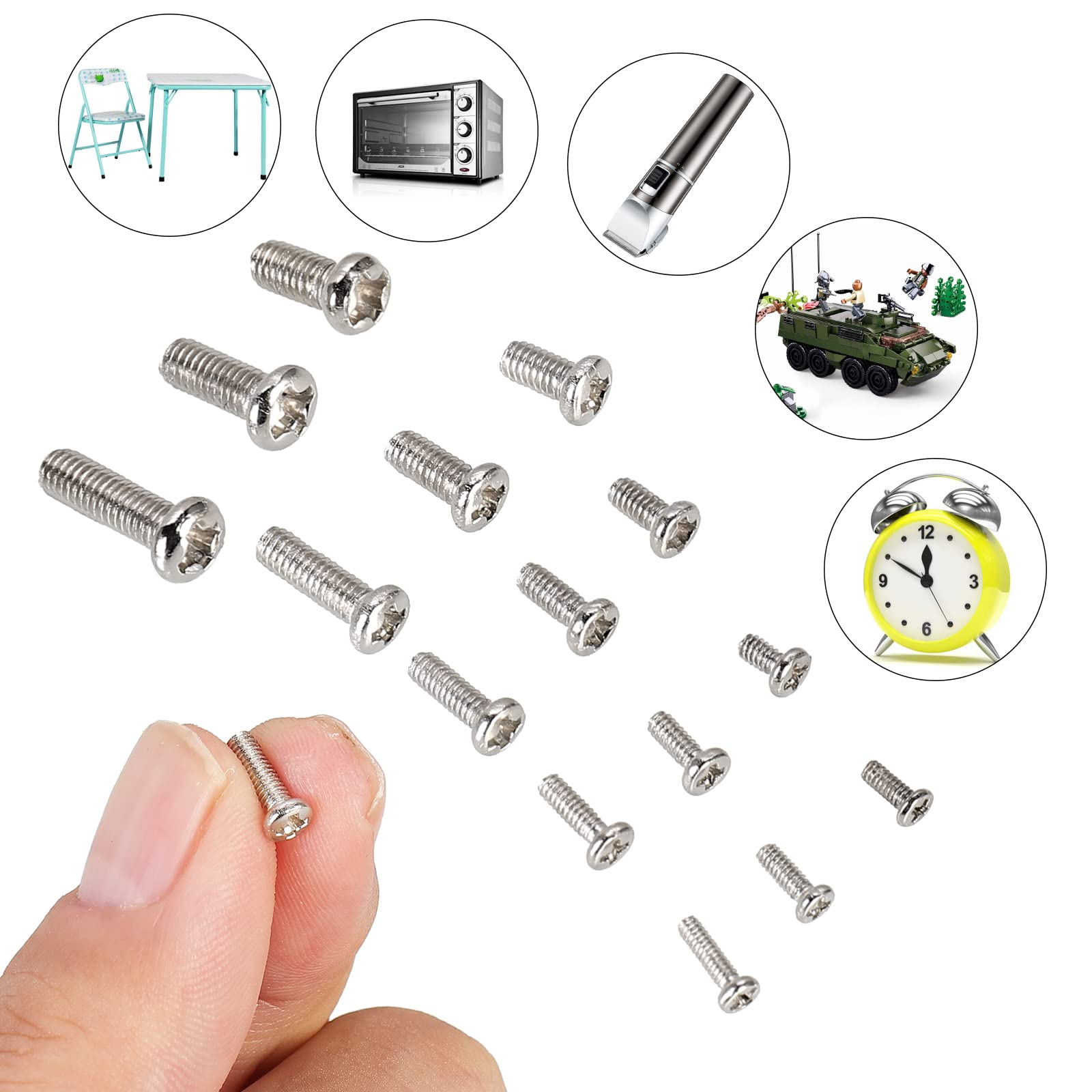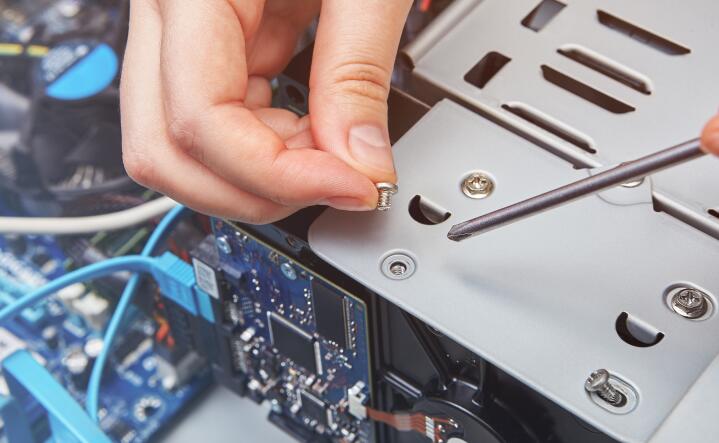Micro Fasteners
Micro Fasteners
Blog Article

What are Micro Fasteners?
Micro fasteners are very small screws and fasteners that are usually used in precision equipment and small machinery. Due to their extremely small size, micro fasteners are widely used in fields with extremely high requirements for size and precision, such as electronics, medical equipment, aerospace and high-tech industries.
Precision
Micro fasteners are usually very precise and can meet subtle installation needs. The tolerance range of the micro screws we provide can reach ±0.02mm, ensuring that each component can be accurately fixed in precision assembly to avoid any looseness or mismatch.
Features
Material and Durability
Micro fasteners are made of a variety of materials, including stainless steel (such as A2, A4), copper, nickel alloy, titanium alloy, etc. Each material has different corrosion resistance, wear resistance and high temperature resistance, which can meet the use requirements in different environments. For example, 304 stainless steel has good corrosion resistance, while titanium alloy is suitable for high strength requirements and extreme environmental conditions.
Load Capacity
Despite their small size, micro screws are designed to withstand relatively high load capacities. Generally speaking, screws with a size of M1 (thread diameter 1mm) can withstand a load of up to about 10-15 kg. The specific load capacity is related to the material, thread type and screw design.
Customizable Sizes and Specifications
Our micro screws can be customized in size and specifications according to customer requirements. Common micro screw sizes include M0.8, M1, M1.2, M1.6, etc., and can even reach smaller sizes. The thread type can also be selected as needed, such as metric thread, imperial thread, etc.
Surface treatment
The surface treatment of micro fasteners is crucial, and usually includes treatments such as galvanizing, nickel plating, black oxidation, and passivation. These treatments can improve the corrosion resistance and wear resistance of the screws and extend their service life. For example, nickel-plated screws perform well in corrosion resistance and high temperature resistance, while black oxidation treatment can provide better oxidation resistance and decorative effects.
Function
The main function of micro fasteners is to connect and fix micro components to ensure that the components can be firmly assembled together. Their fine design ensures that they can fit into very small spaces and maintain mechanical stability and efficiency, especially in precision instruments and electronic equipment. It plays a vital role.


Scope of use
Summary of the use of Micro Fasteners in micro devices
Micro fasteners are widely used in many high-precision fields due to their small size and precision. They are often used in electronic equipment, medical equipment, aerospace, optical instruments and other fields, and play a key role in connecting and fixing small components.
In electronic products, micro fasteners are used to connect circuit boards and other small components to ensure the stability of internal components of the equipment. In medical equipment, especially in precision tools such as endoscopes and microscopes, micro screws are used to fix important components to ensure the reliable operation of the equipment. Micro fasteners are used to fix lenses and optical elements in optical equipment, while in the aerospace field, they help fix the core components of satellites or drones.
These micro screws not only need to have extremely high precision and load capacity, but also have excellent corrosion resistance, wear resistance and other characteristics. Through fine surface treatment and high-precision manufacturing, micro fasteners can meet the dual requirements of small size and high performance in high-tech industries.
Micro fasteners are used in medical equipment to fix and connect precision parts such as endoscopes, implants, dental instruments, sensors and minimally invasive surgical instruments. They ensure stable and precise operation of equipment, especially in environments where high precision is required. Micro screws offer durability, stability and reliability to meet the rigorous demands of the medical industry.
FAQ
Can the size of micro fasteners be customized?
Yes, we provide customized services in various sizes, and can adjust the size and specifications of micro screws according to your specific needs.
What is the load capacity of micro fasteners?
The load capacity of micro fasteners depends on the material, size and design of the screws. Generally speaking, small screws can withstand a load of 10-15 kg, and the specific load capacity needs to be selected according to the specific application.
What are the material options for micro fasteners?
We provide micro fasteners in a variety of materials, such as stainless steel, titanium alloy, copper alloy and nickel alloy, etc. Each material has different corrosion resistance and durability, suitable for different application scenarios.
Do micro fasteners require surface treatment?
Depending on the use environment, micro fasteners can be surface treated, such as nickel plating, zinc plating, black oxidation, etc., to improve corrosion resistance and wear resistance.
How to choose the right micro fasteners?
When selecting micro fasteners, you need to consider the size requirements of the equipment, load bearing capacity, working environment (such as moisture, corrosiveness, etc.) and the required precision. We can provide professional advice based on your needs.
Are micro fasteners suitable for medical devices?
Yes, micro fasteners are widely used in medical devices such as endoscopes, implants and sensors. Their precision and high durability are very suitable for the needs of the medical field.
How to ensure the quality of micro fasteners?
We ensure that each micro screw meets international standards through strict quality control and testing procedures to ensure that its precision, durability and performance meet customer needs. Report this page